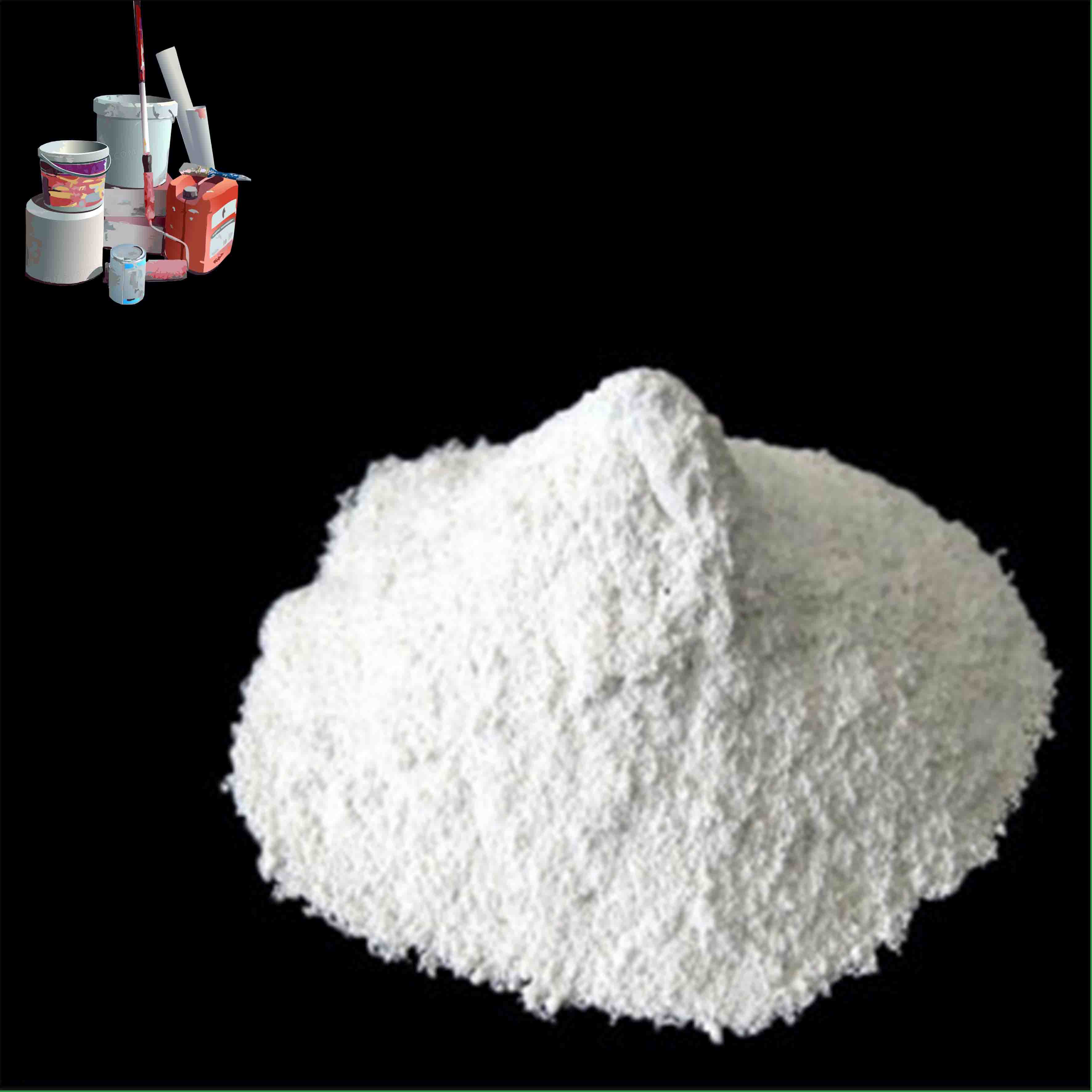...
2025-08-14 08:43
1441

Titanium dioxide is a naturally-occurring mineral found in the earth’s crust. Because of its white color, opaqueness, and ability to refract light, the ingredient is often used as a pigment, brightener, and opacifier, which is an ingredient that makes a formulation more opaque. Titanium dioxide is also a UV filter and so is an effective active ingredient in sunscreens. It’s often used in cosmetic loose and pressed powders, especially “mineral powder” cosmetics, in addition to other cosmetics, lotions, toothpaste, and soap.